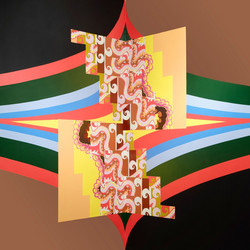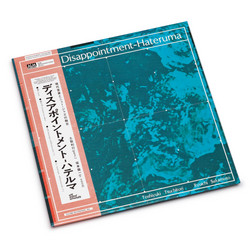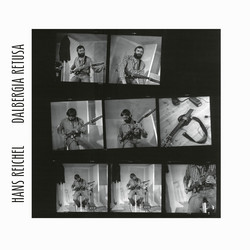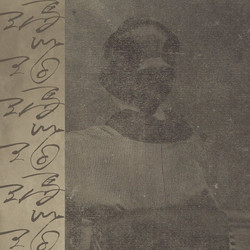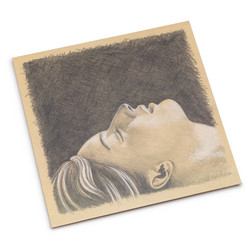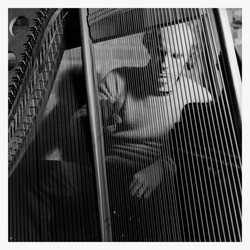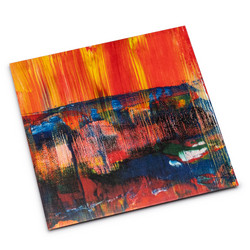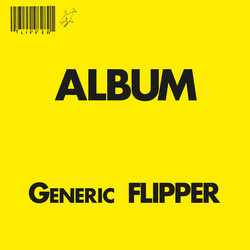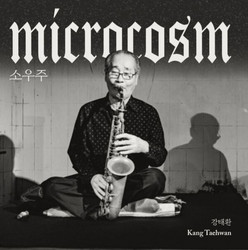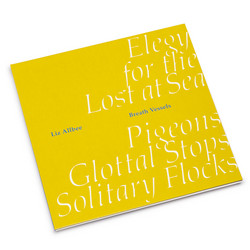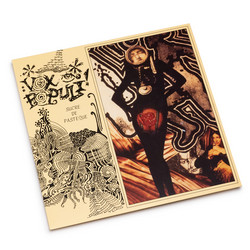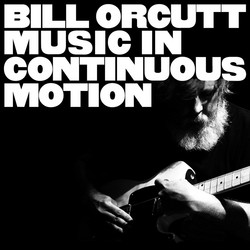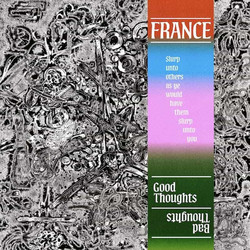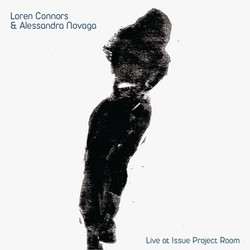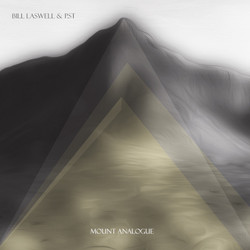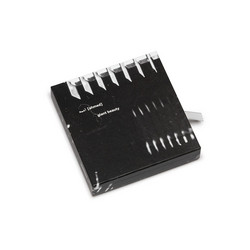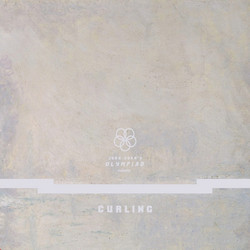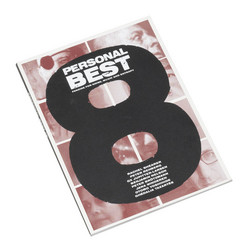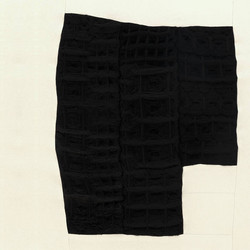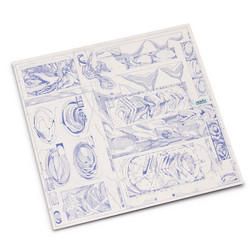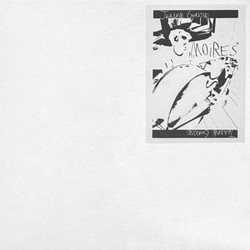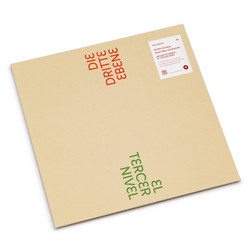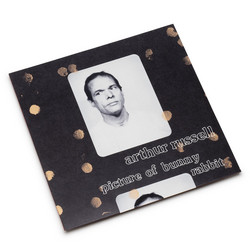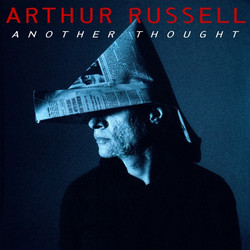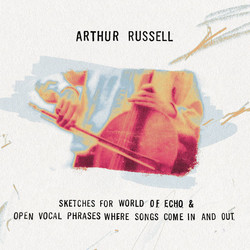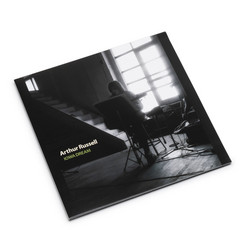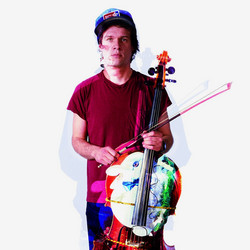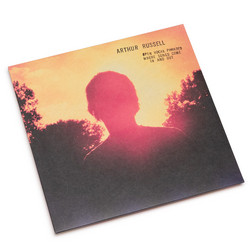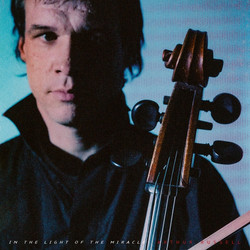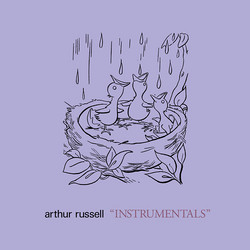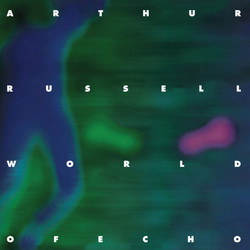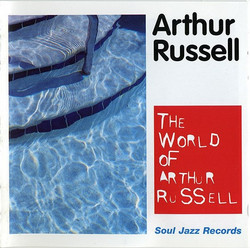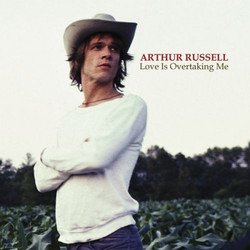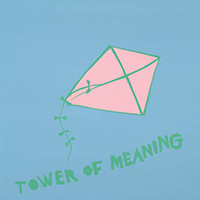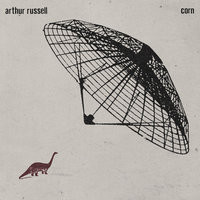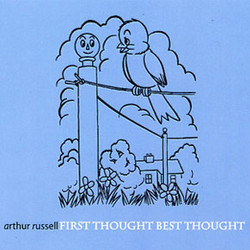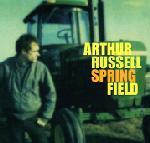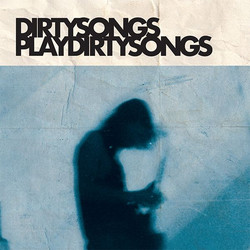At first listen, World of Echo sounds like meaningless dreck that barely wakes up to complete a melody or enunciate a single verse of poetry. And Arthur Russell's legacy has never been richer for it. This year's mass rediscovery and mythologization of the late Russell-- an Iowan who seemed to be swinging on a tire over the Mississippi, even when in downtown Manhattan-- was remarkable. Russell's various projects-- including Dinosaur L, Indian Ocean, and Loose Joints-- got feted as textbook examples of "mutant disco." His disco was pure clay-- bending, scraping, and glazing its rhythms, harmonies, and vocal arrangements into permanently incomplete sculptures for DJs to puzzle over. Nonetheless, he could still hypnotize dancefloors with dozens of anxious ideas that in the 1980s-- after 1979's white flight from disco-- could only have stemmed from the NYC underground. Soul Jazz's definitive primer, The World of Arthur Russell, and Audika's studio vault dump Calling out of Context both garnered this very obtuse man some retro dignity, for good or ill. Audika now thankfully reissues World of Echo-- a collection of almost deconstructed, "rough draft" versions of his singles-- in a limited-edition package with a few b-sides and a DVD of music videos and concert footage. Recorded between 1980 and 1986-- the year in which the collection was originally released-- this material still sounds timeless. It's also Russell's most personal and radical statement: Here, he isn't cloaked in any congas and hi-hats, shouting divas, or ring-a-ding-ding Latin keyboards. It's just his folksy, muppet tenor, cello, and scant electronic microtones-- all lathered with echo, distortion, and reverb. On these tracks, Russell creates beatless dance music that travels through outer space, making the journey his destination. His onomatopoeias and string-work are uncannily percussive and seem to be faintly picked up by radio satellite. His improvisations mine every conceivable sound from his bow and cello's amplified body: hollow thuds, window-washing brushes, chipped strings, knuckled knacks, and the boom of a floor peg dropping on concrete. However, the instrument startlingly duets with his voice, as it breathes along with him and clears its throat during his awkward moments. Whatever lyrics can be understood are stream-of-conscious blurts that exhibit pinhole views of his soul. The opener, "Tone Bone Kone", is a baffler. Russell huffs alliterations while his cello ransacks a room to chase after a ringing UFO noise. The following, three-part "Tower of Meaning - Rabbit's Ears - Home" is a gently narcotic ballad as he hums perfectly in-tune with his tapestry-weaving chords, uttering odd lines like "I'm watching out of my ear" and letting his vocal tones overpower all semantics. The nine-minute trance of "Soon to Be Innocent Fun - Let's See" drifts through waters that mirror the moonless sky. As Russell seemingly daydreams of escape from the urban din, he shades and trickles melodies instead of fully playing them. "Answers Me" is an afterthought of "Soon" as Russell yelps in the same key, "I'm going where the islands are going," while his cello shakes its head with scrapes and mumbling harmonics. The same restlessness drives "Place I Know - Kid like You" as Russell drenches his Hendrixian riffs in hydrochloric distortion, as he also does on the backward-looped shimmering of his bluesy space-out, "Wax the Van." That song's textures vaguely would resemble the garage-sold Americana of Sonic Youth's Sister if it wasn't for some tacky synth bloops. "Lucky Cloud" makes better use of the synthesizer as its tweaked swiggles and bare-boned tones fittingly offset growling strings. "Let's Go Swimming" eschews the fidgety Miami electro-funk of the Walter Gibbons mix for a cubistic moment where reverb-polluted drones and squeals give way to flickering chords. Russell then deadpans childlike phrases like "What country are you swimming to?" and "I'm banging on your door in the clear-blue sky" into a muffled whisper. Once the groove picks up, the music ends. Russell's most poignant moments are when his production's playfulness articulates his fractured thoughts better than any lyrics. On "Tree House", he pits his vocals in different rooms, soaking in their acoustics, as if sneaking into his tree house to play hookey. World's finest moment, "See-Through", lets his cello's high registers criss-cross about to blanket his dazed sighs that fade into an ether like Polaroids left in the sunlight too long. It's a fitting eulogy. — Cameron Macdonald, December 15, 2004
